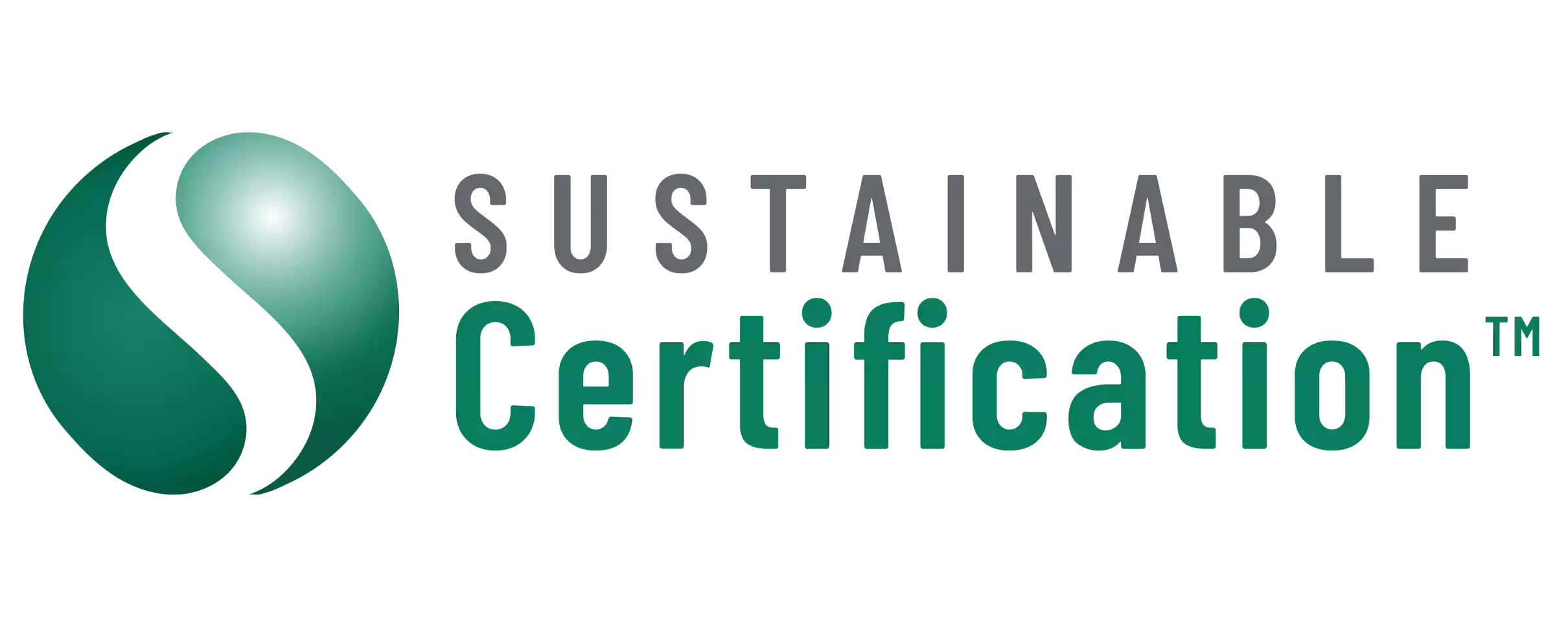What are the ISO 9001:2015 Clauses?

Quality control is an essential part of any business that wants to maintain its reputation, credibility and improved customer satisfaction. It is a fact that implementing a quality management system (QMS) is the most effective way to improve quality control. ISO 9001 is the internationally recognized standard that sets out the requirements for a QMS. The latest version, known as ISO 9001:2015, defines ten clauses or sections describing the requirements of a QMS. In this article, we will delve into each of these ten clauses and explain what they entail.
Clause 1: Scope: The first clause of ISO 9001:2015 outlines the scope of the standard, which is that it applies to any organization that wants to establish, maintain and continually improve a QMS. It highlights the need for organizations to identify and manage the processes that contribute to the delivery of consistent products and services that meet customer requirements.
Clause 2: Normative References: This clause lists the other standards that need to be referred to when implementing ISO 9001:2015. These standards supplement the requirements of ISO 9001 and provide guidance on specific aspects of QMS implementation.
Clause 3: Terms and definitions: In this clause, the standard highlights the critical terms used in ISO 9001:2015. It is essential to have a common understanding of these terms when implementing a QMS.
Clause 4: Context of the Organization: This clause requires organizations to identify and analyze internal and external issues that may affect their QMS and consider how these may impact their ability to meet customer requirements. The clause also requires organizations to identify interested parties and consider their expectations.
Clause 5: Leadership: This section focuses on leadership’s responsibility for the QMS’s effectiveness and highlights the need for top management to commit to QMS implementation, establish quality policies, assign roles and responsibilities, and ensure that resources are available.
Clause 6: Planning: In this clause, organizations are required to plan their QMS implementation and identify their objective and actions needed to achieve them. The clause also requires organizations to consider risks and opportunities and take necessary actions to minimize risks and maximize opportunities.
Clause 7: Support: This clause specifies the resources required to implement an effective QMS. It highlights the need for organizations to provide adequate resources, including infrastructure, human resources, communication, and documented information such as policies, procedures, and work instructions.
Clause 8: Operation: This section describes the necessary processes needed to deliver products and services that meet customer requirements. The clause requires organizations to plan and control the provision of products and services, including the design, development, production, and delivery.
Clause 9: Performance Evaluation: This clause requires organizations to evaluate and monitor the QMS’s performance and effectiveness. The clause emphasizes the monitoring of customer satisfaction, internal audits, and management reviews.
Clause 10: Improvement: The final clause highlights the need for organizations to continually improve the effectiveness of their QMS. It requires organizations to identify and implement opportunities for improvement, including corrective actions and preventive actions.
Implementing an effective QMS is vital for any organization that wants to maintain consistent product and service quality while meeting customer requirements. The ISO 9001:2015 standard provides the guidelines necessary to implement a successful QMS. This standard’s ten clauses outline the requirements needed to establish, maintain, and continually improve a QMS. Organizations that implement this standard experience increased customer satisfaction, improved processes, and reduced costs. By following the guidelines outlined in this standard’s clauses, organizations can improve their quality control and enhance their reputation in their industry.
To find out more about ISO 9001:2015, please contact Sustainable Certification today
